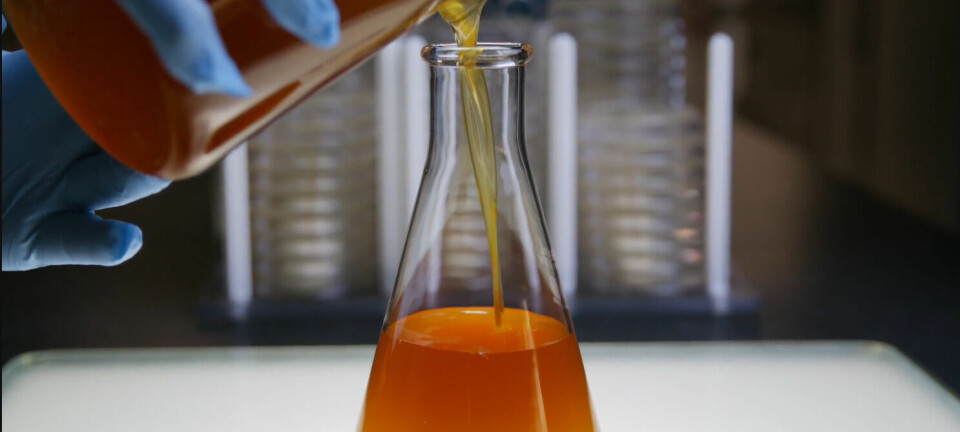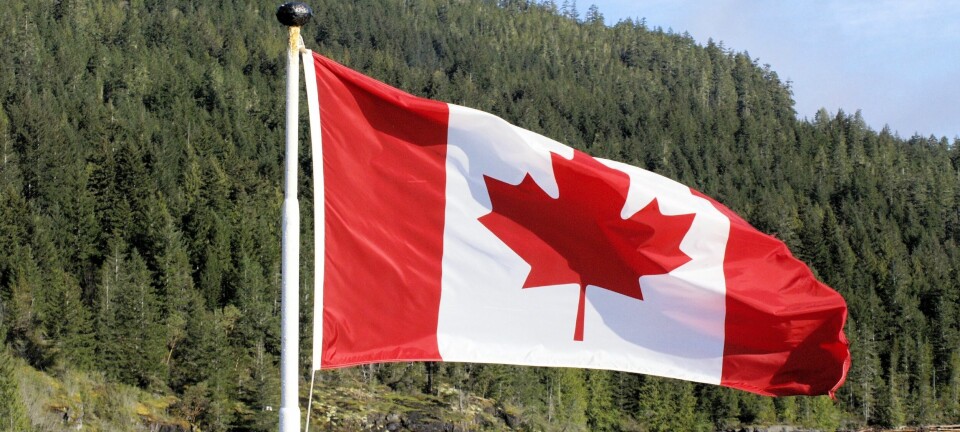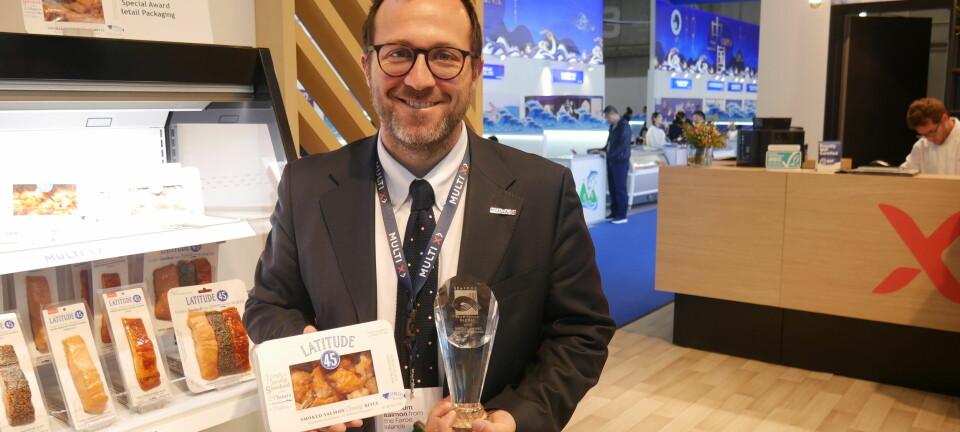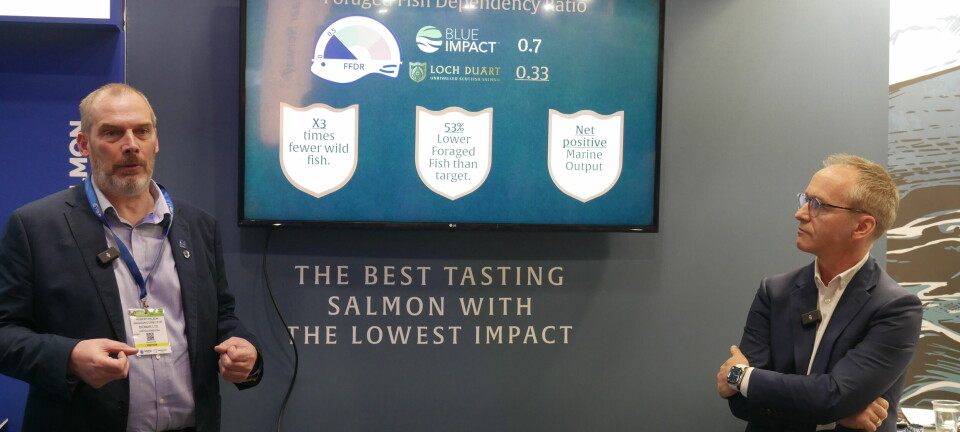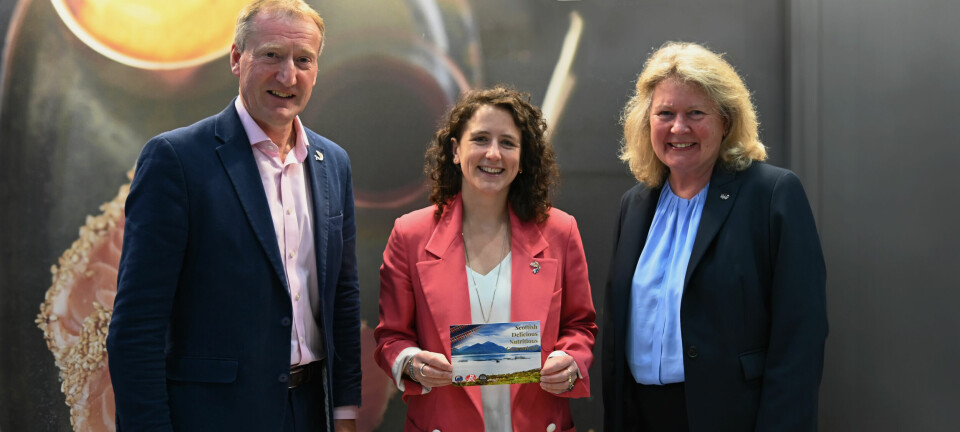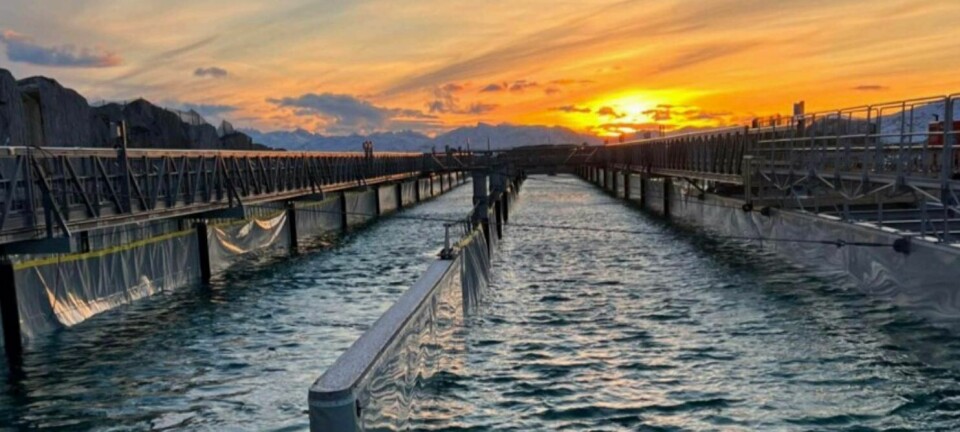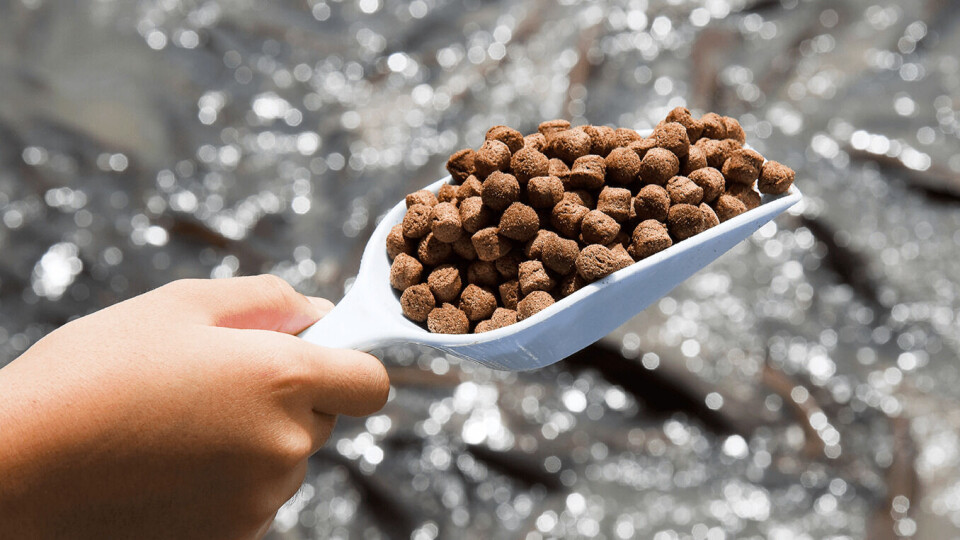
Fish-free feed challenge doubles prize money
The F3 Challenge Carnivore Edition, a sales competition designed to accelerate the development and adoption of fishmeal and fish oil substitutes in feeds, has doubled its prize to US$70,000 per category.
Awards will be given to the contestants that produce and sell the most ‘fish-free feeds’ in each of three categories - salmonid, shrimp, and other carnivorous species - without using wild-caught fish or any marine-animal ingredients.
Three companies have so far registered for the salmonid category – trout feed producer Star Milling Co (US); Jiangsu Fuhai Biotech Co., Ltd (China); and Chapul Farms (US).
Looking for partners
Jiangsu, which makes soy product is looking for development partners to develop a finished feed, and Chapul, which produces a feed using black soldier fly larvae as its primary source, is looking for sales partners.
There are currently three entrants in the shrimp section – Empagran (Ecuador), partnered with algal oil producer Veramaris; Jiangsu; and UK microalgae grower Remedi!ate, which is looking for partners to develop a finished feed.
The company, whose partners include Cambridge and Edinburgh universities, Imperial College London and the Industrial Biotechnology Innovation Centre (IBioIC), says it gives algae the optimum growth conditions where they can grow 100 times faster than in nature.
20m tonnes of algae
Using patented photon technology and highly specialised processes, an installation can remove 100,000 tonnes of CO₂ per year in the space of a football pitch, it says. Over the next three years, it expects to have 20 million tonnes of algae ready to be made into animal feed.
There are two entrants in the third category, for other carnivorous species. These are BGreen Technologies (India), which makes feed for Asian seabass, and Jiangsu.
The feeds for all categories must not contain any ingredients consisting of or derived from marine animals, including but not limited to, fish, squid, shrimp, or krill. The full contest rules can be found here.
Registration has been extended due to Covid-19, and a new timeline for the competition will be announced at a later date.
Ecological limits
According to F3 Challenge organisers, an estimated 16 million tonnes of wild fish are caught each year exclusively for use as fishmeal and fish oil in global food production, including aquaculture.
Salmon farming uses more than 20% of the fishmeal and 60% of the fish oil consumed by the aquaculture sector.
Shrimp farming is also one of the dominant consumers of the global fishmeal supply.
A recent study found that if “business as usual” continues, forage fisheries will reach ecological limits by 2037. The F3 Challenge aims to make it unnecessary to use wild fish in feeds, so that they can remain in the environment for other species, and aquaculture’s growth becomes unconstrained from wild resource availability, assuring greater food security in the future.
F3 is a collaborative effort between NGOs, academic institutions, and private partnerships. Its core sponsors are Arizona, Massachusetts and Shanghai Jiao Tong universities and the Anthropocene Institute.
